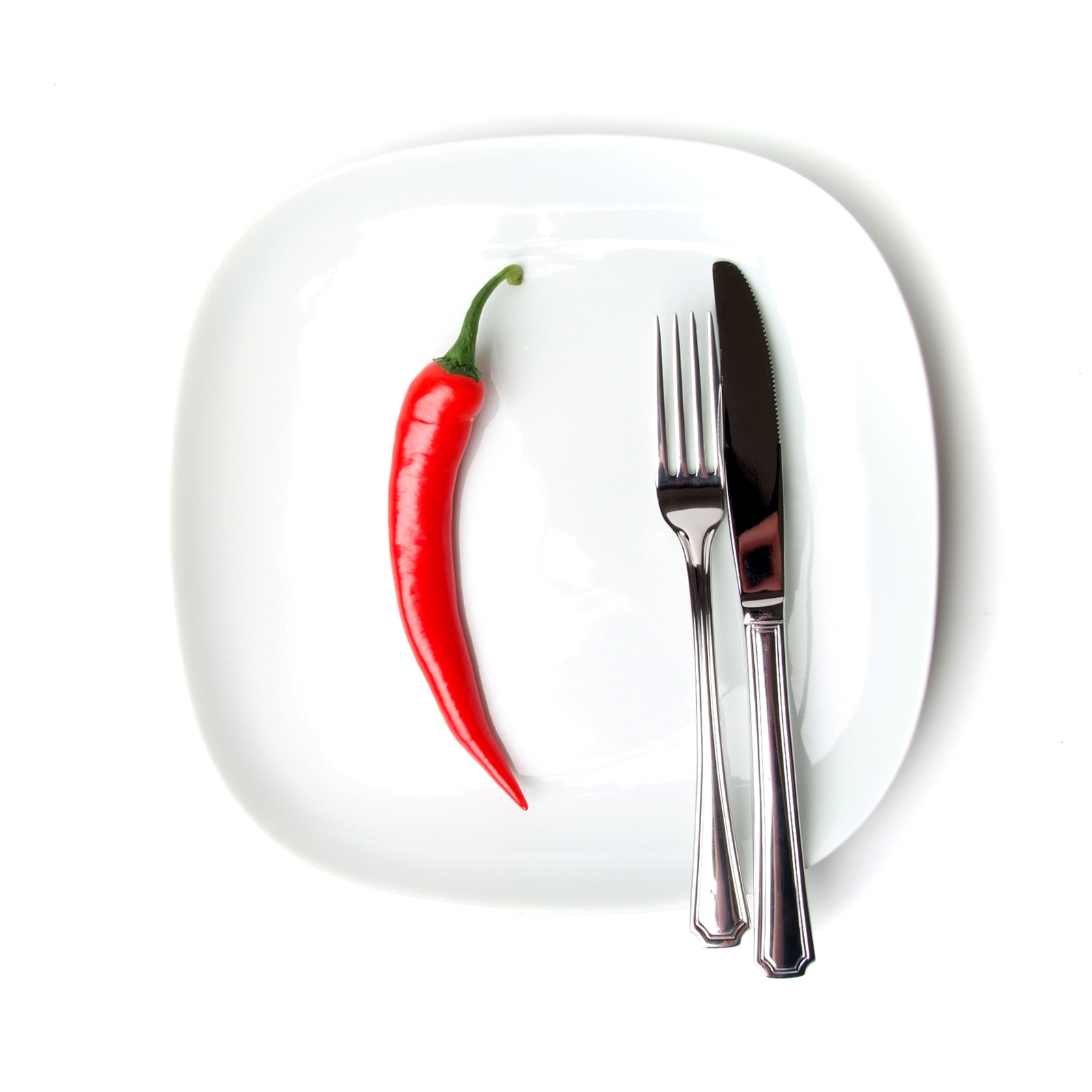
Not to be mean, but you’re a “benign masochist.” We all are to some extent. It’s a natural human trait, and it helps explain why we learn to love foods we initially hated.
Coffee, beer and chilies are all examples of food that little kids hate, but many adults can’t seem to get enough of. Alison Bruzek of NPR’s The Salt blog interviewed Paul Rozin, a cultural psychologist at the University of Pennsylvania, who has researched this specific phenomenon.
“Benign masochism” is a term Rozin uses to express this human characteristic. Whether food or amusement park rides or going to see a sad movie, people learn to want what our body rejects. And yet these things don’t hurt us; they’re benign.
What causes us to act this way, however, is harder to pin down. Rozin believes that most of these behaviors are the result of social pressures. “I don’t know the answer,” he admitted in the interview. “Some part of it is social. Social forces affect what we like, and the advertising industry knows that — that’s why they have endorsements by famous people.”
Repeated exposure is also important. Rozin discussed how children in Mexico didn’t inherently love spicy chilies, but grew to appreciate them around the age of 4 or 5. “The experience of eating it a lot somehow converts what was an aversion to a preference.”
Another term Rozin used was “hedonistic reversal” – the ability of our brain to tell our senses we’re going to turn something we should avoid into a preference. That certainly explains why the guy who can eat the spiciest Buffalo wings really is revered as a badass.
This article originally appeared on FWx.com.
More from FWx.com:
More Must-Reads from TIME
- Why Trump’s Message Worked on Latino Men
- What Trump’s Win Could Mean for Housing
- The 100 Must-Read Books of 2024
- Sleep Doctors Share the 1 Tip That’s Changed Their Lives
- Column: Let’s Bring Back Romance
- What It’s Like to Have Long COVID As a Kid
- FX’s Say Nothing Is the Must-Watch Political Thriller of 2024
- Merle Bombardieri Is Helping People Make the Baby Decision
Contact us at letters@time.com